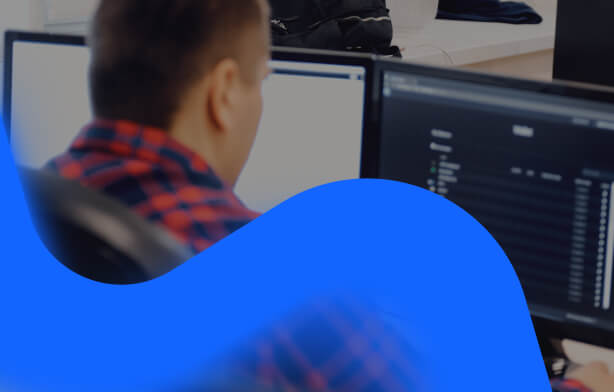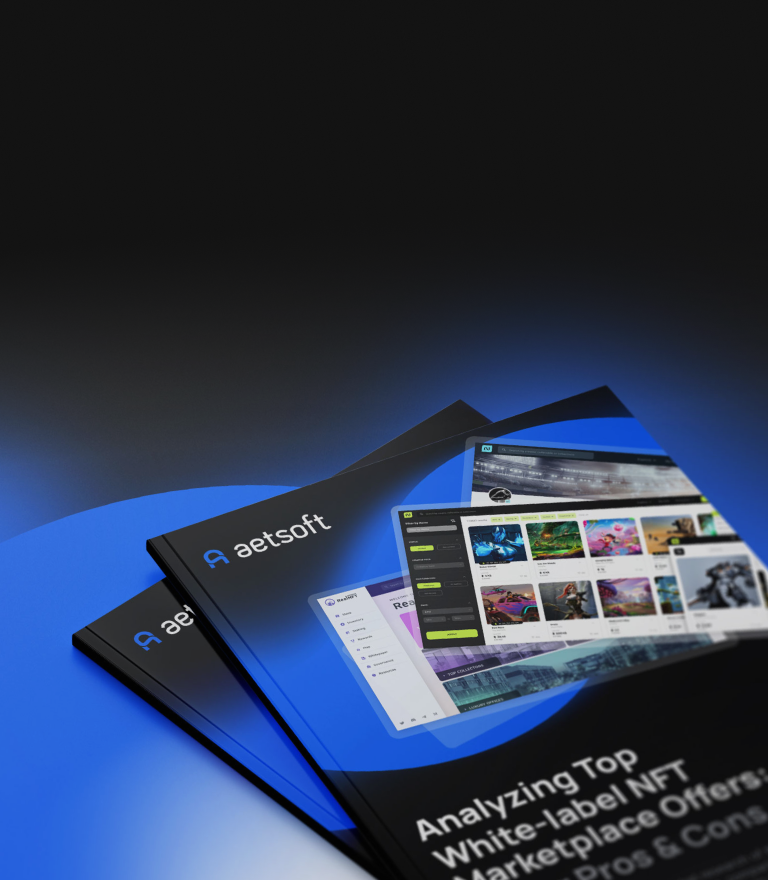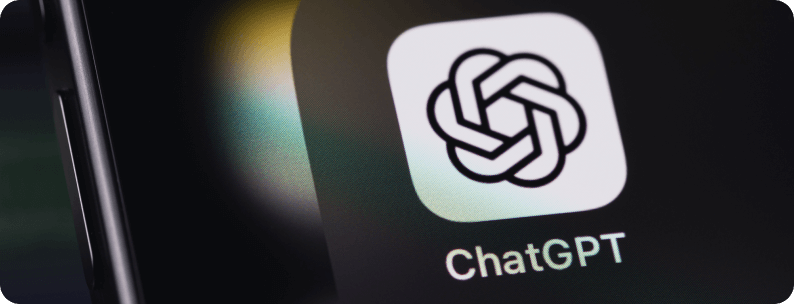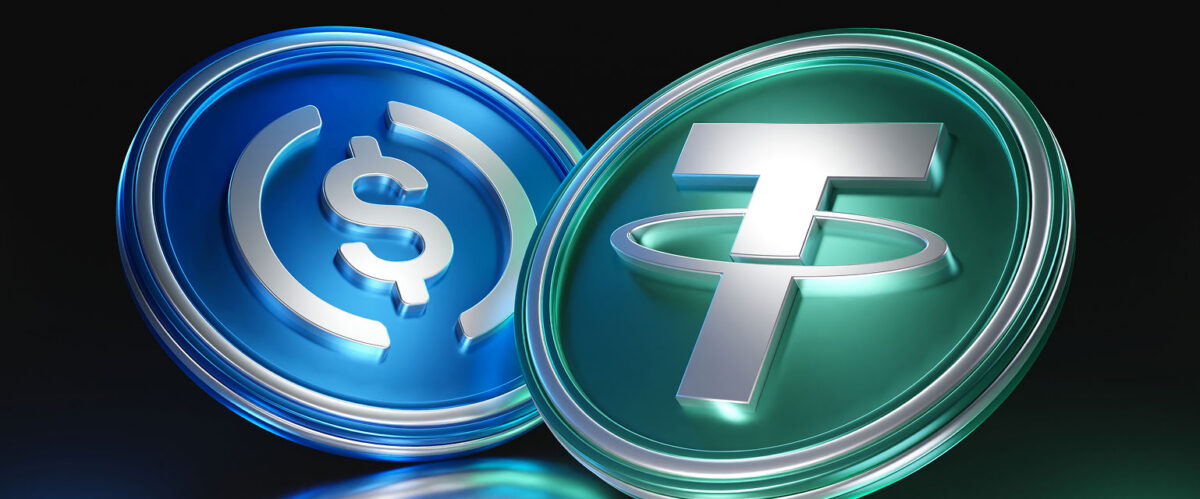What we are witnessing now is the collision between technologies and traditions that proved themselves in the past, but mostly lost their credibility to date, arguably for their redundancy. Hospitals, as we know them today, are increasingly looking for the immediacy and security of operations, striving to maintain compliance with the modern industry standards.
Whole new approaches, new views, and ideas are expected and demanded. And blockchain can be the technology to bring the sea changes that masses await.
So far, we can already observe the positive dynamics, predominantly among startups. Some of them are currently working to bring the ambitious ideas to life, while others present ready solutions to the public.
So, who are these heroes?
Ten Use Cases in Healthcare Uncovering Blockchain’s Potential
Incorruptible Medical Records
Factom is a blockchain-focused startup that creates solutions for the healthcare sector. In particular, it provides a blockchain platform where medical institutions can store patient records, instantly accessible to all authorized network members yet tamper-proof.
Besides that, Factom allows equipping physical papers with special security sensors, capturing sensitive data and storing those on the blockchain. Architecturally, Factom is a public network of federated servers which grants membership based on community support. The network has an open-source code so that anyone could build their own solutions on top of it.
Automated Administration
Coral Health uses blockchain to make daily procedures in healthcare institutions faster and less costly through automated patient communication. Patients can access their medical records, lab results, prescribed medications, and other data from a mobile app, and these documents are provided to them automatically from blockchain storage, based on the input data.
Also, the app serves as a health tracker, where patients can monitor their vitals and receive personalized recommendations on treatment. Blockchain-based smart contracts ensure all the automation behind the app, triggering events under particular conditions (the patient fills out the form, provides vitals report, and others).
Tracing the Provenance of Drugs
Blockpharma is a France-based medical startup that offers a solution that combats drug counterfeiting. It ensures traceability across drug supply chains by checking each point of shipment against corruption. In the case of falsified supplies, the system instantly notifies users of that.
Blockpharma’s supply chain management solution already reported more than 15% of all fake drugs in the world (as per the Builtin resource).
Proof of Ownership across Medical Supply Chains
Tierion is a blockchain solution that audits records, medicines, and documents to provide a consistent history of possession. With blockchain’s digital timestamps linked to stored assets, Tierion allows maintaining proof of ownership throughout the supply chain.’
Besides document traceability, Tierion seeks to address other issues with blockchain that could potentially improve medical care (among other sectors). Several years ago, it introduced the idea of a cross-network blockchain currency that could make Bitcoin payments more versatile.
Genetic Data Handling
EncrypGen is a blockchain platform for managing genetic data that covers operations like searching, storing, and exchanging of information. Undoubtedly, user privacy is of primary concern here, and EncrypGen takes care of that with data purchases allowed only with cryptography-backed, traceable DNA tokens. Medical companies can use the purchased genetic data to improve industry knowledge with informed trials.
Encrypgen has ambitious plans for the future. Those include utilizing medical and behavioral data to compose and enhance user profiles automatically, integrating blockchain with a third-party auditing platform to enable fast and reliable trial data checks, and establishing new partnerships with analytical software developers, software testing companies, and other domain players.
Fast and Safe Information Exchange
HealthVerity is one of the active advocates for technology usage in healthcare, which combines data exchange for healthcare records with blockchain ledger to underpin data management through cryptography and permissioned systems.
Its HealthVerity Consent is a cloud-based blockchain solution that helps medical institutions manage data access across dispersed internal systems and external suppliers.
Thanks to blockchain’s distribution, users can instantly notify the whole network about changes in consent permissions. Thus, an immutable log of consent permissions is shared among all the network participants so that you can demonstrate compliance while preserving privacy.
Faster Trial Research
Healthcare companies invest considerable time and effort to find, qualify, and onboard candidates for trials. Per the report by JACC, only ten drugs reach pharmacy shelves, so it’s urgent to identify the right candidates.
4Medica handles that issue with a blockchain solution that tracks unique patient IDs within a centralized location, from where pharma specialists can match these IDs with their trials.
Streamlined Hospital Admission
Hospital admission is generally a grueling process, with piles of forms to fill out, not to mention sometimes seemingly infinite queueing before that. Fortunately, there are companies like Kalibrate Blockchain that allow doing that beforehand. With its FormDrop mobile app, patients can submit forms to healthcare providers without going to medical institutions.
Besides that, patients can use the app to index their IDs, access their health records, and decide who can access that data.
Verifying Employee Credentials
Hashed Health helps hospitals to avoid fraud and misrepresentation when hiring specialists. It’s blockchain-based platform for credentials verification stores CVs of licensed physicians, nurses, surgeons, and others, approved by the appropriate healthcare institution. This way, only verified data are stored, and only network members, namely authorized healthcare organizations, can access it.
Also, the network participants can agree on rules, validation checks, and other artifacts for validating potential employees. The agreement is reached through the principle of the majority consensus inherited in blockchain.
Secure Data Transfers
Though not the actual case, the last one we’d like to talk about is the speculation on how else blockchain can make things better. With all the innumerable health trackers collecting sensitive data, the risks of theft and even corruption become more perceivable. A simple example: if your app shows that, say, you are not exercising or do that insufficiently (which is not the case at all), your health insurance may go up for lack of the “right” information.
How to protect users’ data, especially when it is transferred between devices and networks? Again, blockchain is the answer to that pain since it enables secure recording and sharing of sensitive data between patients and healthcare providers. For that, organizations could verify data via digital timestamps assigned to all data assets beforehand.
Blockchain and Healthcare to Save Lives: Our Expertise
In the light of the coronavirus outbreak, particular blockchain healthcare solutions must come to the fore. Primarily, that concerns blockchain solutions serving for secure storing of medical histories and trials records.
Speaking of trials. For hospitals, ambulances, and medical research centers, we offer a one-stop blockchain solution for the efficient, error-free national sanitary and epidemiological control — Digital Health Passport. This is the platform where users can reliably store their disease tests results for COVID-19, HIV, tuberculosis, and other infectious diseases. Once added to the blockchain, the results are encrypted via cryptography hence can’t be changed or deleted.
In a single click, a user can add the results to the database and confirm the authenticity of that data with a digital signature. In this way, they create a digital health profile. The solution uses blockchain and AI algorithms that autonomously verify accounts.
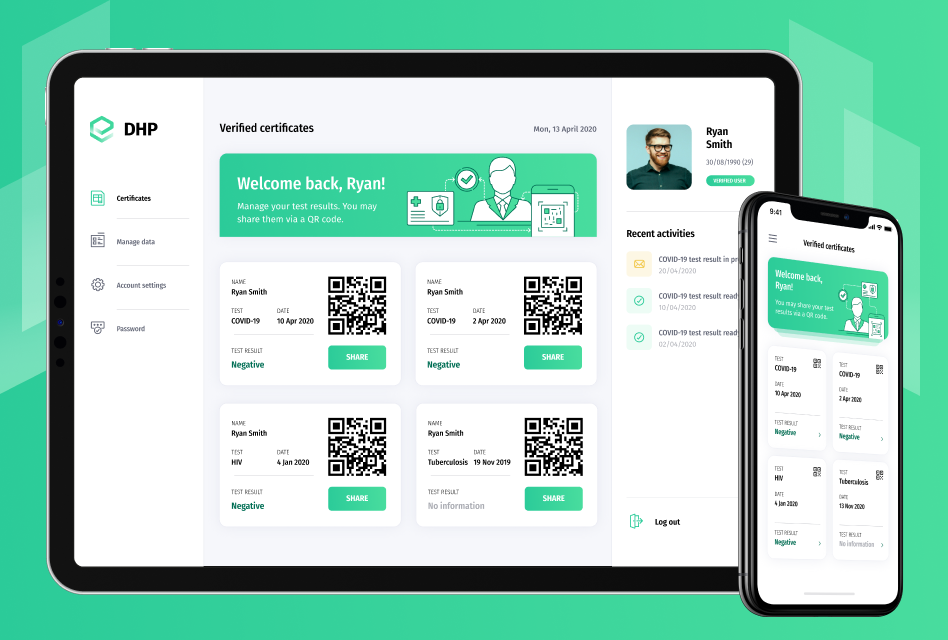
After creating the profile and adding test results, the user receives a QR code associated with the added test. Each test result has an individual QR that can be shared with any person authorized in the network.
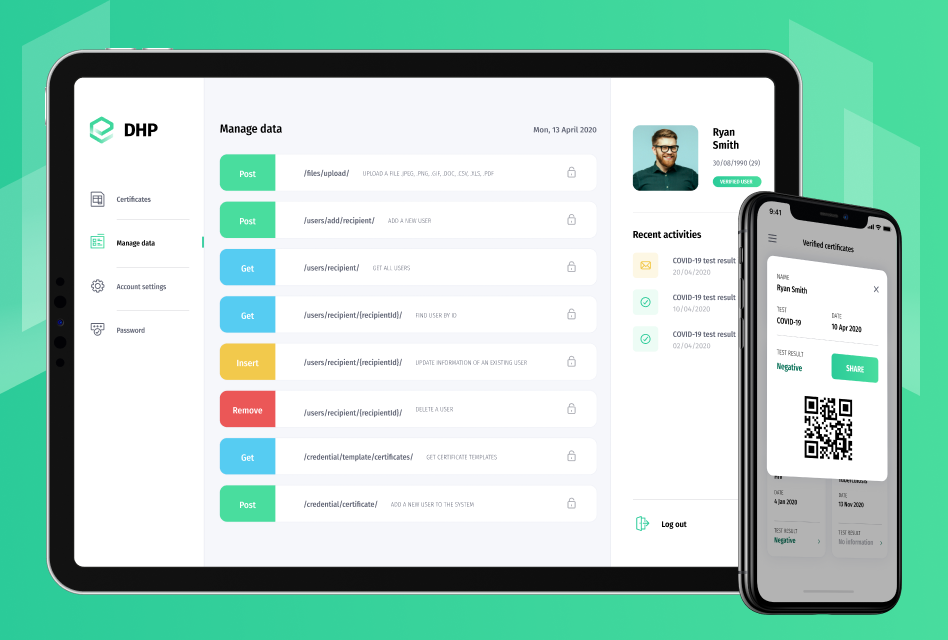
The search for the cure is currently underway, though one can hardly call the current progress “satisfactory.” Yet blockchain can accelerate that process and even bring the desired results with the DLT-based databases that could store genetic data for further distribution among organizations, intermediary-free hence prompt and cost-efficient.
Do you want to know more about blockchain solutions for urgent healthcare problems? Or you are looking for a solution for the issues that complicate the operation of your medical facility? Contact Aetsoft.
